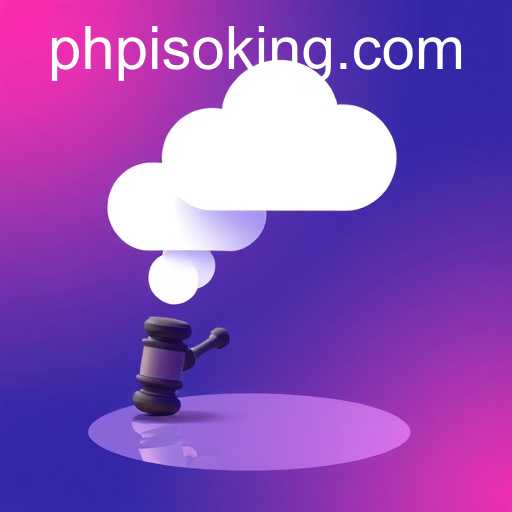Understanding User Agreements with a Focus on Pisoking
The Role of User Agreements
In today’s digital landscape, user agreements represent a crucial aspect of online interactions, delineating the terms under which services are provided and accessed. These agreements, often referred to as terms of service or end-user license agreements, establish essential guidelines for users and service providers. The user agreement is not just a legal formality but rather a powerful tool that governs the user’s experience and the service provider’s responsibilities.
The Importance of Clear User Agreements
Clear and comprehensive user agreements are pivotal because they ensure that both the user and the service provider have a mutual understanding of their rights and duties. This is particularly important in protecting the platform and its users from potential legal disputes. In the context of platforms like Pisoking, user agreements play an even more significant role due to their unique service offerings and growing user base.
Key Components of a User Agreement
Most user agreements contain several key components: definitions, terms of use, privacy policies, disclaimers, and termination clauses. Definitions clarify any terms that might be ambiguous or have special meanings within the context of the agreement. Terms of use enumerate the rules users must follow when interacting with the platform, while privacy policies specify how user data will be collected, used, and protected.
Influence on User Behavior
User agreements often act as behavioral contracts wherein users agree to adhere to certain standards in exchange for access to various platform features. This is highly relevant to Pisoking, as user conduct significantly impacts the platform's reputation and functionality.
Privacy Policies in User Agreements
Privacy is a growing concern in the digital age. As users become more aware of how their data is used online, privacy policies within user agreements have become more detailed and stringent. Platforms like Pisoking need to assure users that their personal information is secure and that their privacy is respected. A well-drafted privacy policy not only builds trust but also ensures compliance with local and international regulations.
Disclaimers and Limitation of Liability
Disclaimers are another critical aspect of user agreements, as they help limit the liability of the service provider. Platforms typically include disclaimers to communicate that they are not responsible for user-generated content or actions. This is particularly important for Pisoking, which might host a variety of user interactions and content, making it necessary to legally protect itself from potential liabilities.
Termination Clauses in User Agreements
The termination clause within a user agreement outlines the conditions under which either party can end the contractual relationship. Pisoking’s user agreement likely contains specific clauses that allow the platform to terminate access in cases of policy violation or other specified conditions. This ensures that the platform can maintain a safe and legal environment for all users.
Impact of Regulatory Changes on User Agreements
Regulations surrounding digital privacy and user data are constantly evolving. This makes it crucial for platforms like Pisoking to regularly update their user agreements to remain compliant with new legal requirements. Changes in regulations can affect everything from data retention policies to user consent mechanisms, meaning that Pisoking must stay agile and informed to ensure its user agreements reflect the current legal landscape.
Ensuring User Agreement Compliance
For a user agreement to be effective, it must be acknowledged by the user. Many platforms choose to incorporate a mandatory opt-in process, requiring users to agree to the terms before they can use any services. This practice can be coupled with easy-to-understand summaries of the agreement to ensure users are well-informed.
The Future of User Agreements
As digital platforms continue to evolve, so too must their user agreements. Emerging technologies and changing user expectations will likely impact how user agreements are crafted and enforced. For platforms like Pisoking, remaining proactive in adapting to these changes will be crucial in maintaining a competitive edge and fostering a trusted user community.
Conclusion
In summary, user agreements are more than a mere formality; they are foundational to the trust and legal integrity of a digital platform. By understanding the intricacies of user agreements, both users and service providers can engage more effectively and confidently in the digital ecosystem. Pisoking, like many other platforms, can benefit greatly from a carefully structured user agreement that prioritizes clarity, compliance, and protection for both parties involved.








